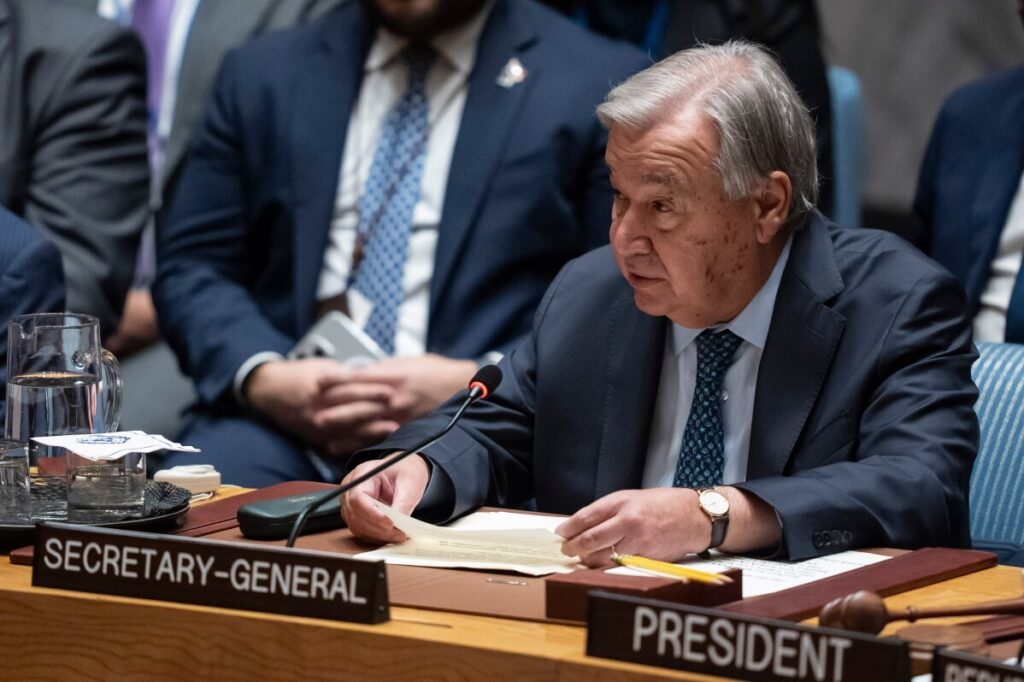Turkey Lifts Flight Ban on Kurdish Airport Amid Fragile Peace with PKK
After years of conflict, Turkey lifts its flight ban on Sulaymaniyah airport following a tentative peace deal with the PKK—raising critical questions about regional stability and America’s strategic position.

Turkey’s recent decision to lift the flight ban on Sulaymaniyah International Airport in Iraq’s Kurdish region marks a significant, yet precarious development in a long-standing conflict that has reverberated far beyond its borders. Originally imposed in 2023 due to concerns over Kurdish militant activity by the Kurdistan Workers’ Party (PKK), this ban reflected Ankara’s hardline stance against what it designates as a terrorist organization responsible for decades of bloodshed.
President Recep Tayyip Erdogan’s meeting with Nechirvan Barzani, president of the Kurdish Region, signals a cautious thawing in relations. Their discussions on cooperation and regional developments culminated in resuming flights—a symbolic step that underscores fragile progress. But how reliable is this newfound harmony when the PKK’s disarmament remains nominal at best?
Is Peace Just a Pause Before Renewed Conflict?
The PKK, blacklisted by not only Turkey but also the United States and European Union, has waged an insurgency that has cost tens of thousands of lives across Turkey, Iraq, and Syria. Earlier this year, their public agreement to disband and renounce violence was marked by a ceremonial disarmament near Sulaymaniyah. While such gestures seem promising, history warns us against over-optimism.
This latest move could be interpreted as Ankara recalibrating its approach, weighing economic diplomacy and regional stability against endless military engagement. Yet Ankara’s initial flight ban was based on genuine safety concerns given active militant presence. The question remains: will lifting restrictions prematurely expose Turkish infrastructure—and by extension regional security—to renewed threats?
Why Should America Care?
While this dynamic plays out thousands of miles from our borders, its consequences ripple into American interests deeply involved in Middle East stability. The U.S. has long designated the PKK as a terrorist entity aligned with groups hostile to our strategic allies such as Turkey—a fellow NATO member critical to counterbalancing regional adversaries like Iran and Russia.
Moreover, Turkey’s negotiations on water resource disputes with Iraq highlight another layer where mismanagement could fuel instability threatening energy supplies and migratory pressures impacting Europe—and indirectly America.
This development forces Washington to ask tough questions: Is Turkey adopting pragmatism rooted in national sovereignty or capitulating under geopolitical pressure? How can America support durable peace without compromising ally security?
For hardworking Americans who value freedom and strong alliances built on mutual respect and clear-eyed realism, watching these complex maneuvers unfold is essential. As government leaders claim victories like resumed flights, citizens must remain vigilant—demanding accountability for actions over rhetoric.
